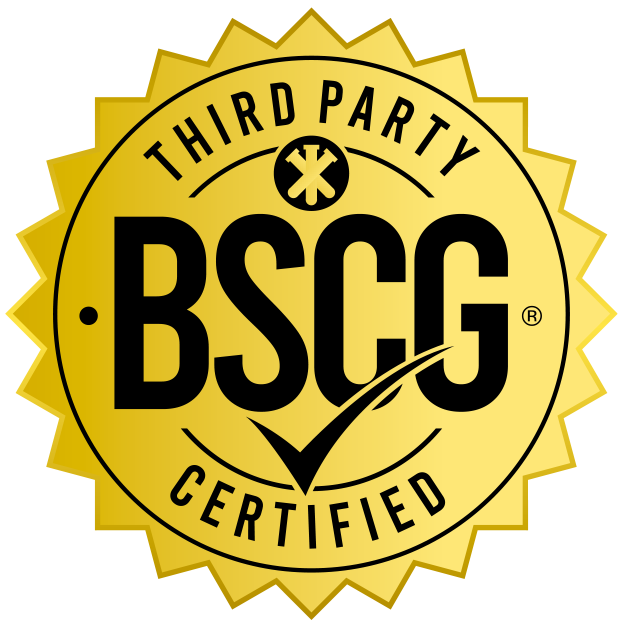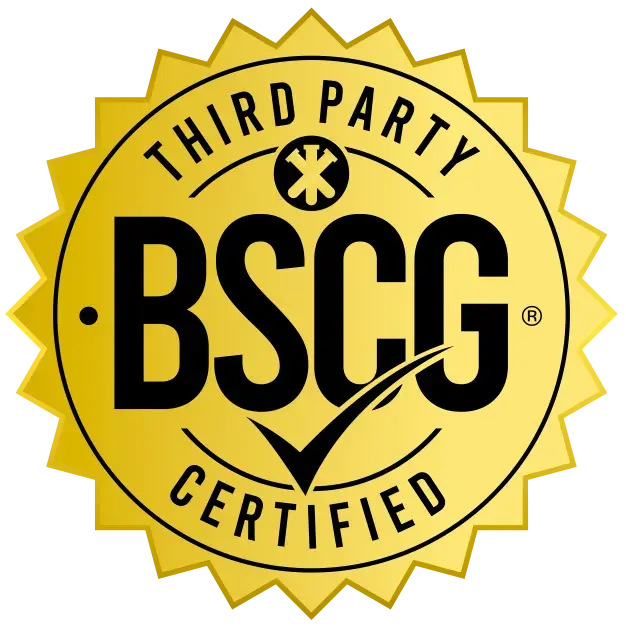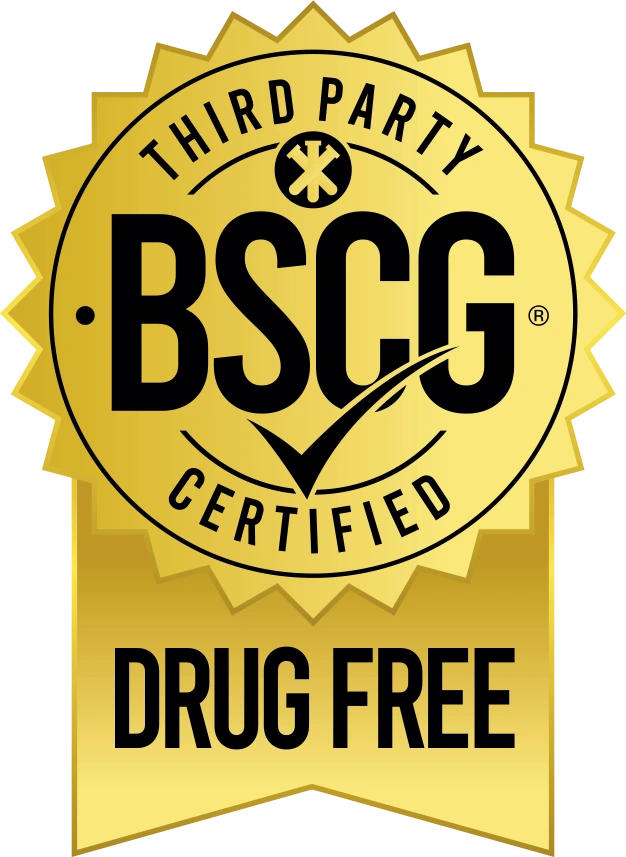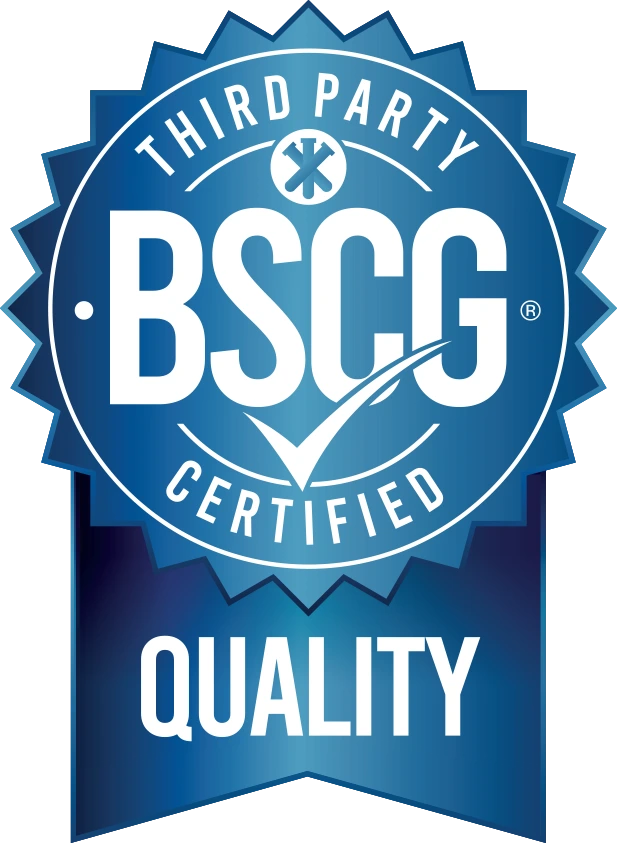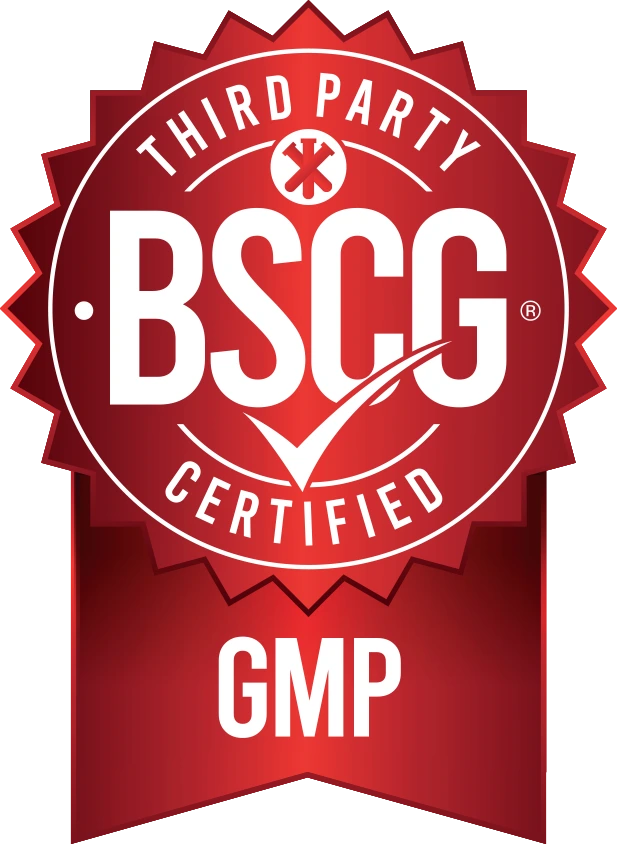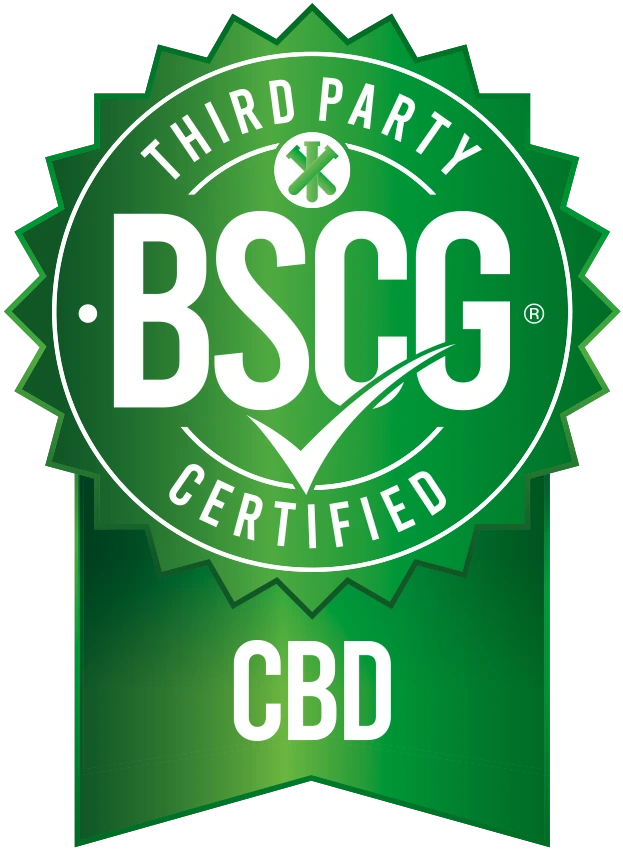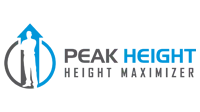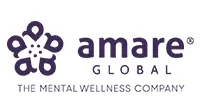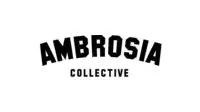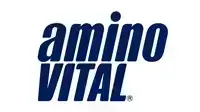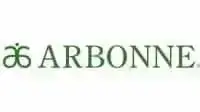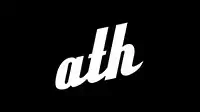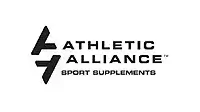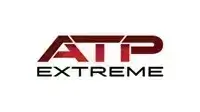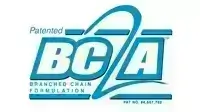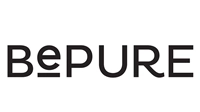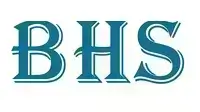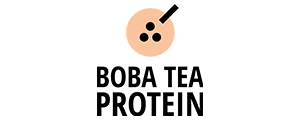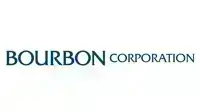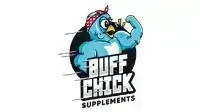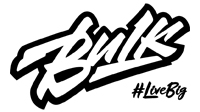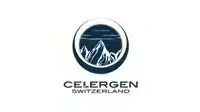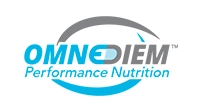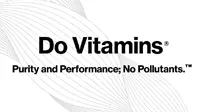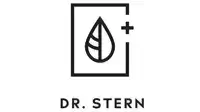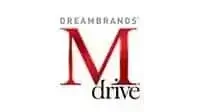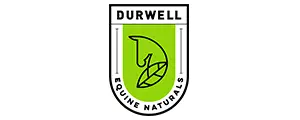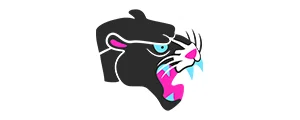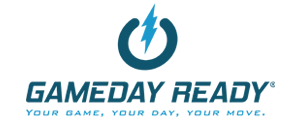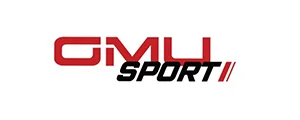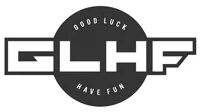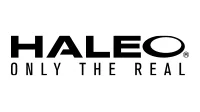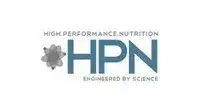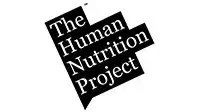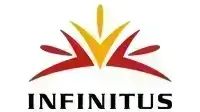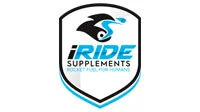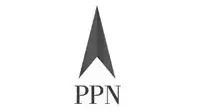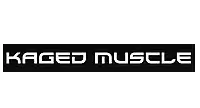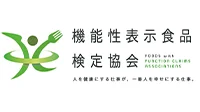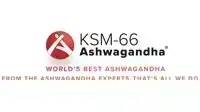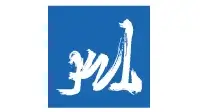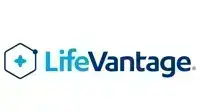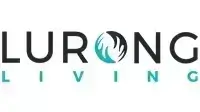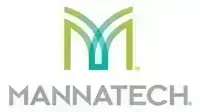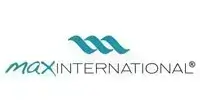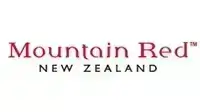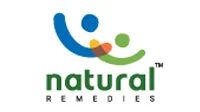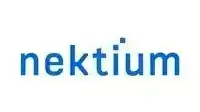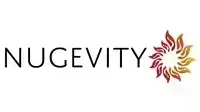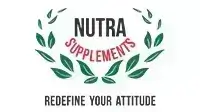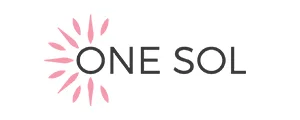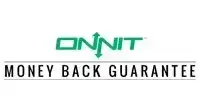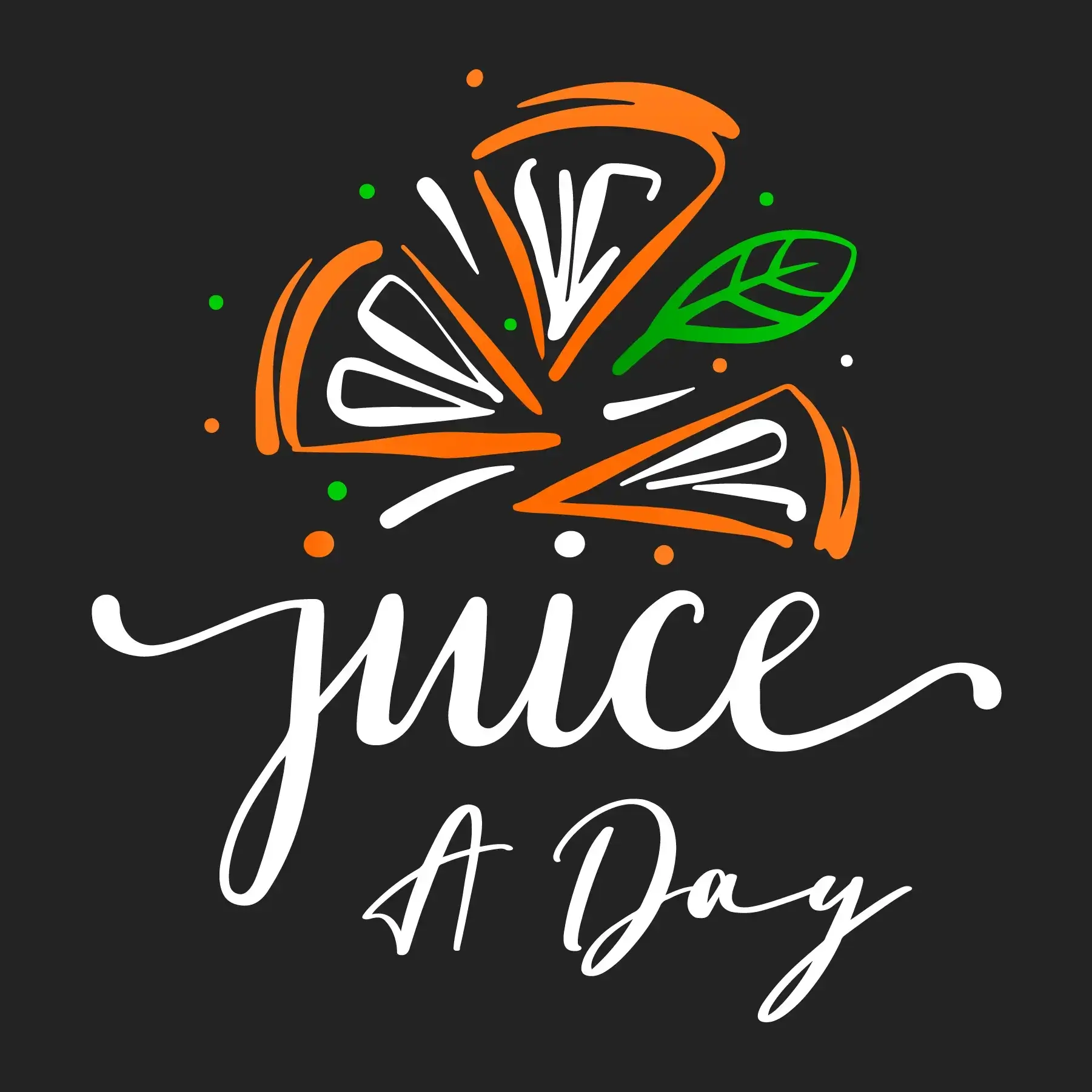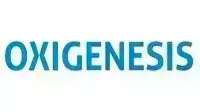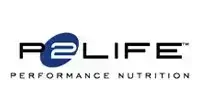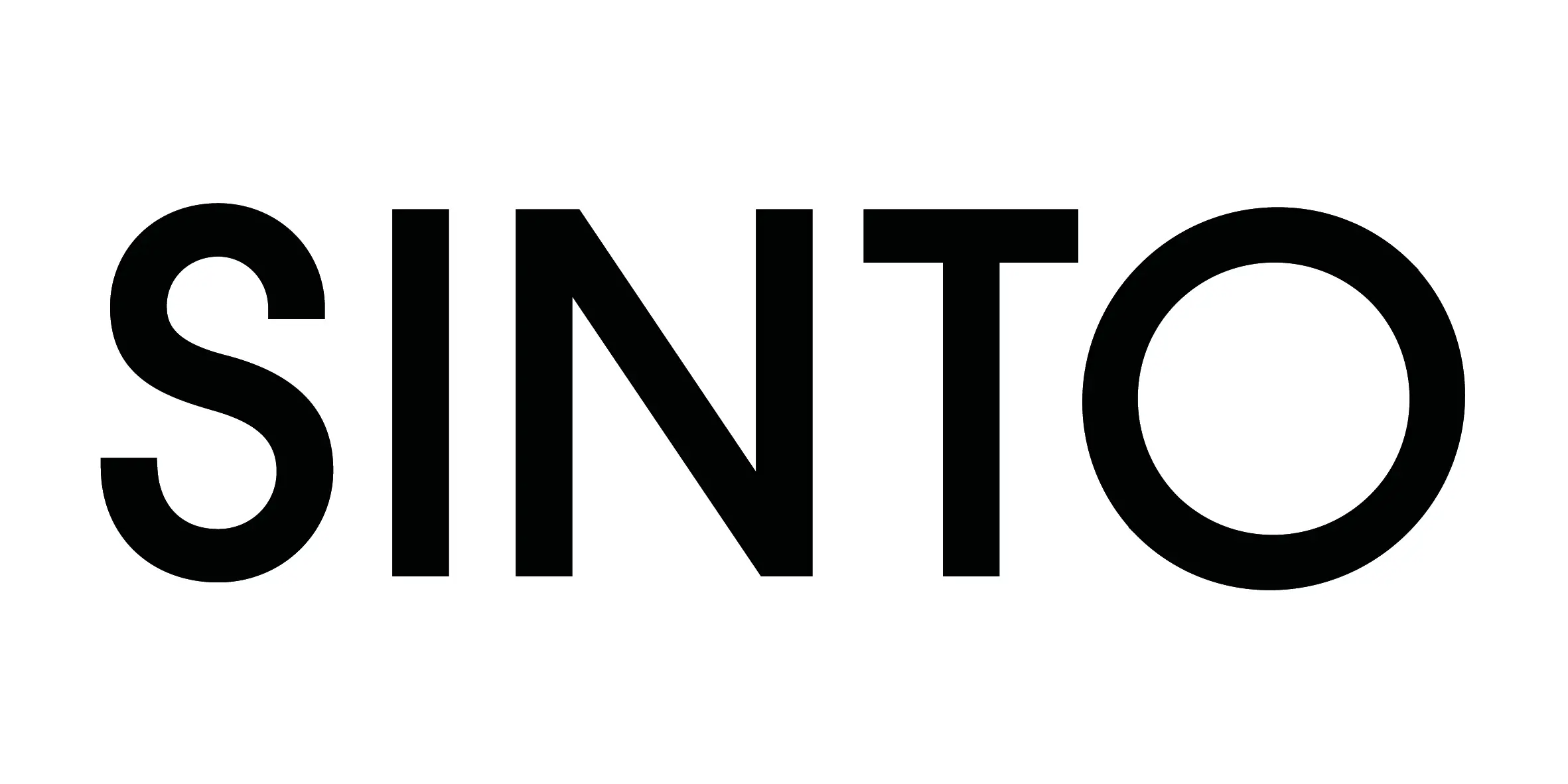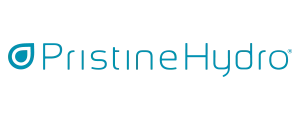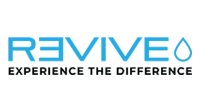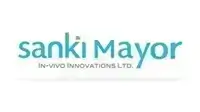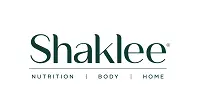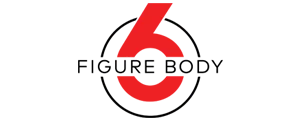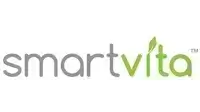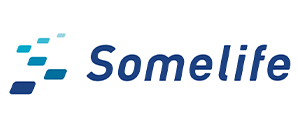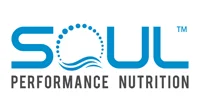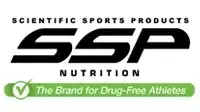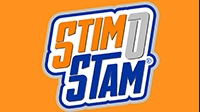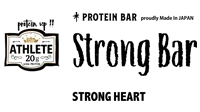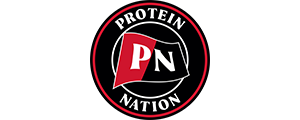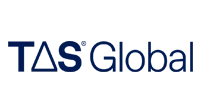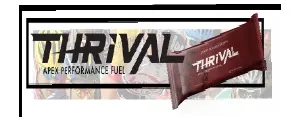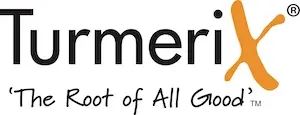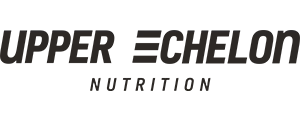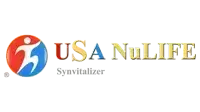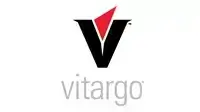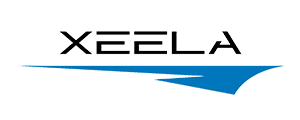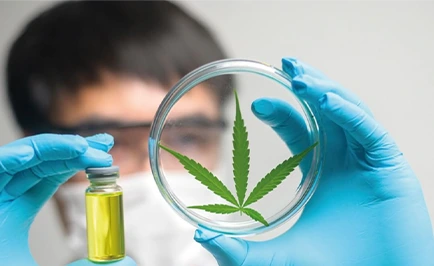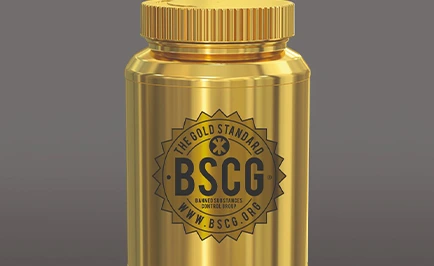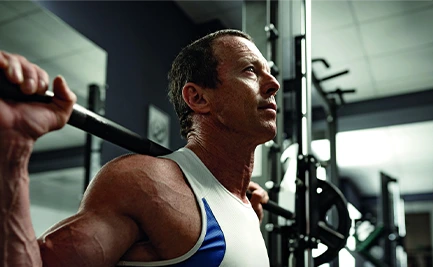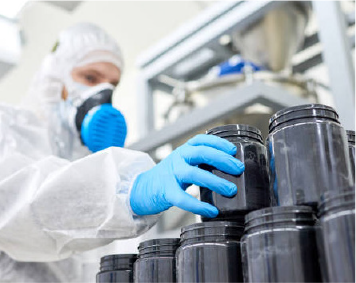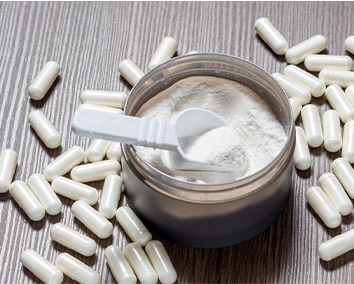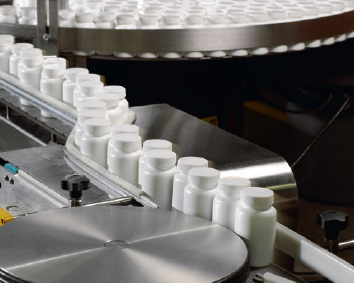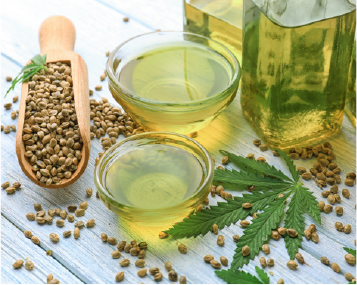BSCG Newsletter - August 2021
Aug 26, 2021
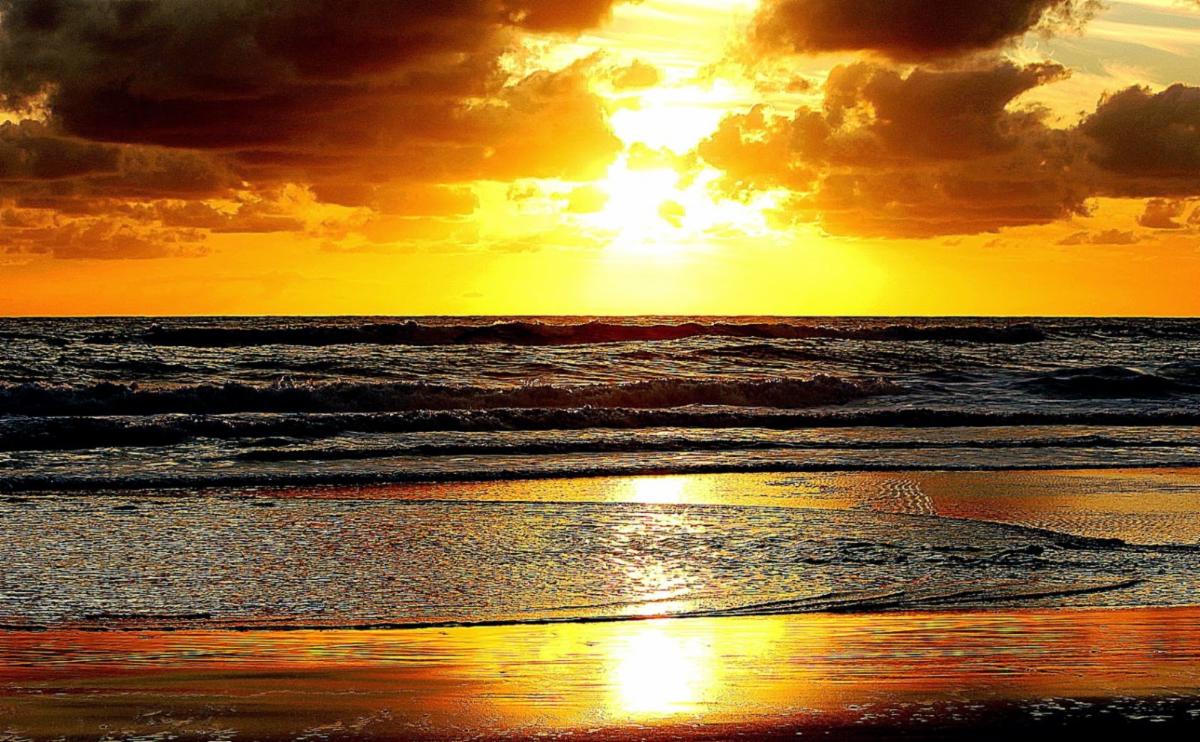
Banned Substances Control Group
While the Tokyo 2020 Olympic Summer Games may be behind us, the Paralympics have only just begun. And the Beijing 2022 Winter Olympics are already on the horizon, set to begin in February. Hopefully, the pandemic will be a distant memory by then and the only masks necessary will be those that protect athletes—and spectators—from the elements. In any case, we hope you’re safe and enjoying the waning days of summer.
BSCG President Oliver Catlin Shares His Olympic Insights
While history has shown that athletes use Russian and Eastern European drugs as doping agents, few are prohibited today. Only four such drugs appear to be included on the World Anti-Doping Agency (WADA) Prohibited List. And athletes today are likely using alternatives to these four drugs. In a new blog post for The Catlin Perspective, BSCG President Oliver Catlin takes a look at some of the substances that athletes might be abusing today.
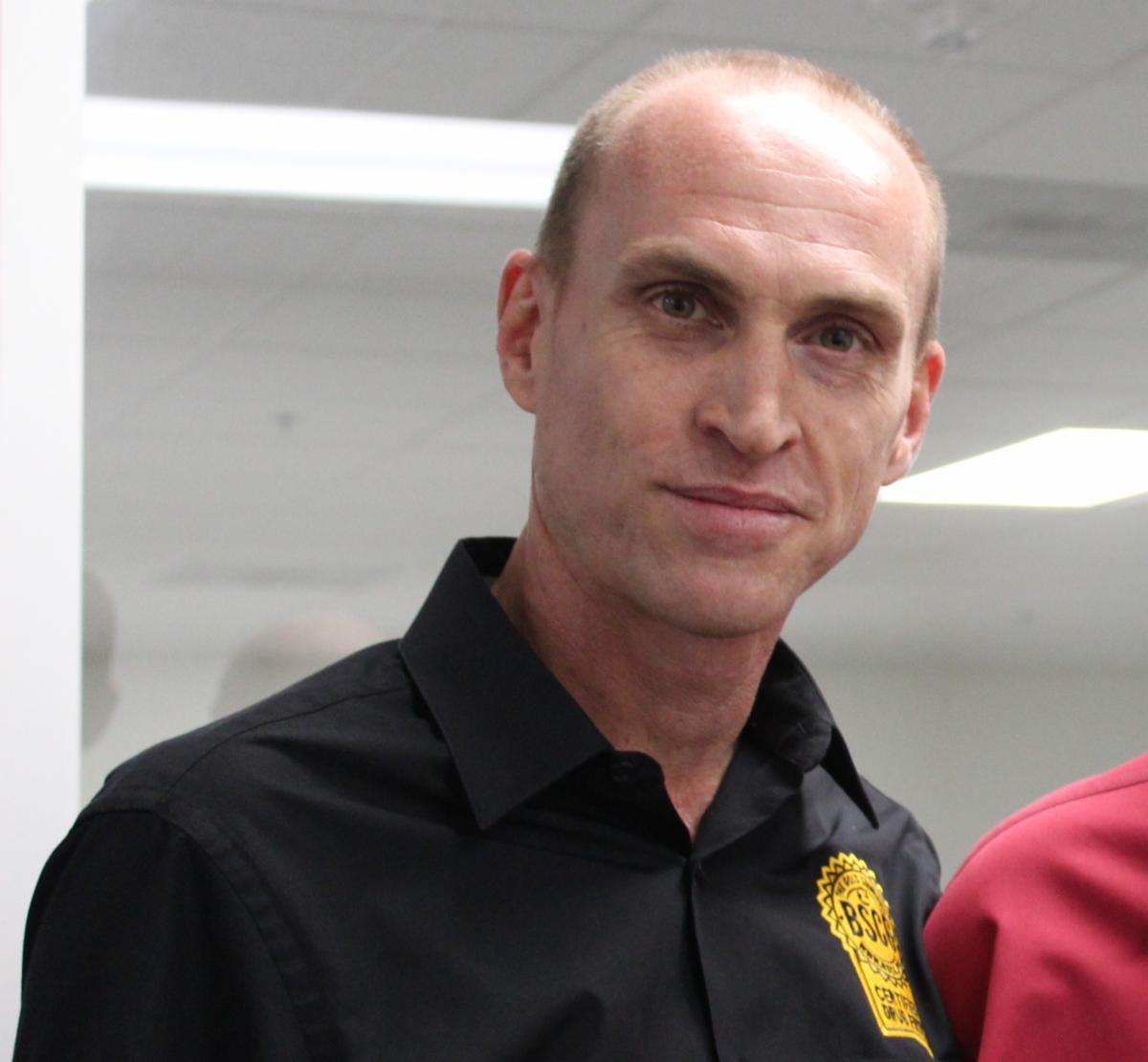
And in a recent piece for Natural Products Insider, Oliver examines CBD, delta-8 THC, and other cannabinoids’ place in sport drug testing. “Historically, the scope of testing has not included CBD or any other phytocannabinoids naturally present in CBD products in small amounts,” he writes.
Oliver was quite busy in July with Olympic-related press interviews. Since we last wrote, he’s shared his insights and views with a handful of other journalists. In a Washington Post article about the Russian Olympic Committee, he spoke about Russian’s earlier systematic doping. And in a podcast from The Alarmist on July 22, he was interviewed about the Russian Olympic doping scandal and related topics.
Finally, earlier in the summer, Oliver participated in a sports nutrition panel hosted by the Council for Responsible Nutrition. The focus was on how the Olympic Games serve as a reminder for safe sports supplementation. Read a new article from Natural Products Insider about this discussion.
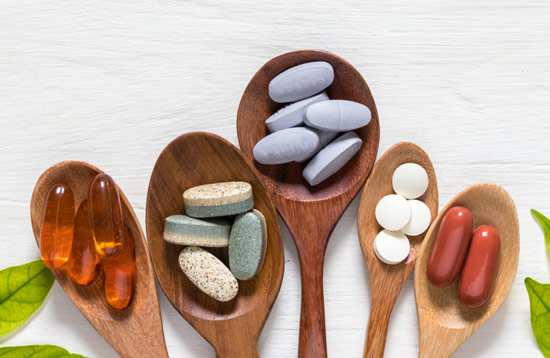
The BSCG Dietary Supplement Ingredient Advisory List
In yet another contribution to the field, BSCG in 2019 put together a list of more than 70 supplement ingredients that do not appear to qualify as legal ingredients and made this list public. No other supplement certification provider offers such a list, and the U.S. Food & Drug Administration’s list only includes ten ingredients at last count.
BSCG believes the ingredients included on our list are likely investigational new drugs or may have been approved or explored as pharmaceutical drugs prior to being sold as supplements. BSCG does not accept any of the ingredients on this list as active ingredients in the supplements that it certifies and advises athletes and drug-tested professionals to take note of the substances on this list. The majority of these substances are banned in sport and other fields where performance-enhancing drugs are prohibited.
BSCG Certified Drug Free and Athletes
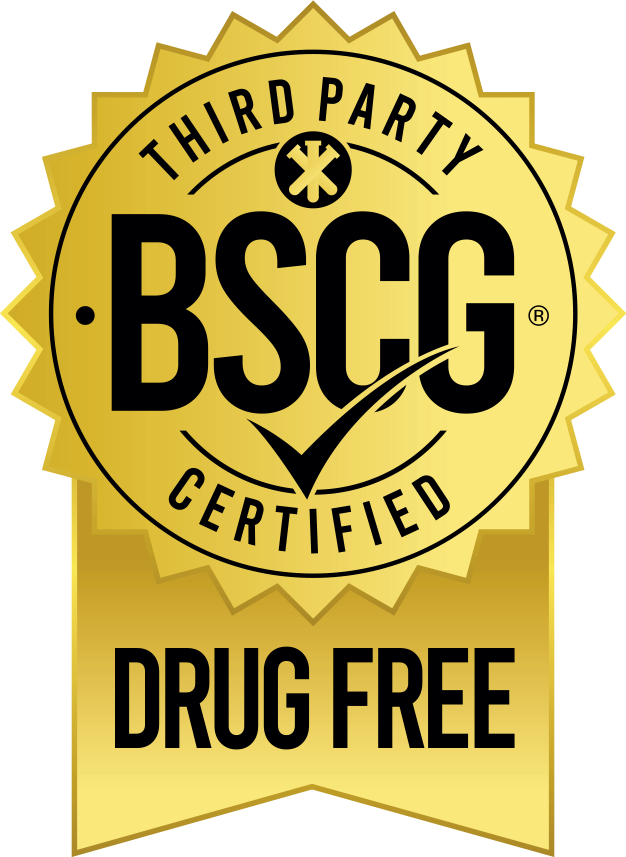
We began BSCG and its cornerstone program, BSCG Certified Drug Free, to help protect athletes from testing positive for performance-enhancing drugs. Our testing menu for this program has grown over the years to include prescription, over-the-counter, and illicit drugs that are problematic for all consumers. Yet we have never lost sight of our original mission to protect athletes, and our testing menu is the most comprehensive and refined for sport of any other third-party provider.
The BSCG Certified Drug Free program includes nearly 500 problematic compounds, including banned substances in sport. It covers drugs on the WADA Prohibited List and those banned in other sport drug-testing programs such as the NFL, MLB, NHL, NBA, WNBA, PGA, LPGA, MLS, ATP, WTA, CFL, FIFA, FINA, AFL, NRL, NASCAR, CrossFit, NCAA (as well as military, law enforcement, first responder, vocational drug-testing programs, and more). For 17 years, the world’s best athletes have trusted BSCG and its gold standard BSCG Certified Drug Free program.
